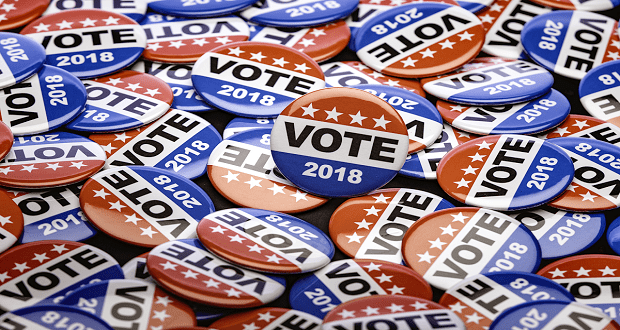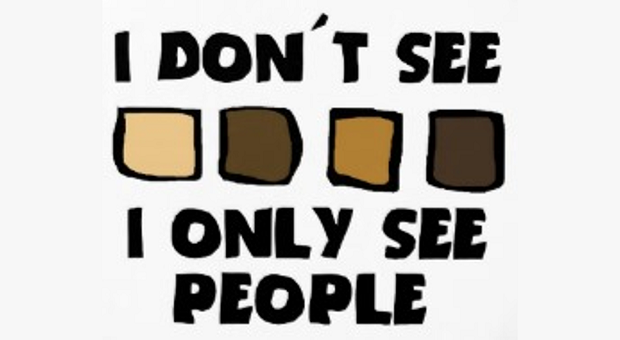
Late last month, Glassdoor, the popular job search website that allows current and former employees to anonymously review and share their experiences of their workplaces, announced that they launched a new feature that will encourage users to rate their companies’ diversity, equity and inclusion (DEI) efforts on the online platform.
The launch of the feature comes at a time when many organizations have doubled down on their DEI efforts, navigating the unique challenges of both the coronavirus pandemic and newly bolstered discussions on race and social justice in the wake of the killings of Black men and women such as Ahmaud Arbery, George Floyd and Breonna Taylor. The demand for DEI leaders and programs has only continued to grow amid national protests and calls for racial justice.
A recent LinkedIn report indicated that over the last five years, the number of LinkedIn users with the title “Head of Diversity” has grown by 107% globally, while diversity roles overall are up 71% worldwide. And while organizations over the last several years have shifted their efforts to focus more on the business impact of diversity and inclusion (increased innovation, better overall financial performance, and larger market share), it stands to reason that more companies are now also starting to again think more about the moral imperative for DEI. DEI is not only good for business – it’s the right thing to do, and doing it the right way has the potential to have a lasting impact on, not only our workplaces, but our economy and communities.
LinkedIn’s report also found that companies that had a D&I team in place were perceived more positively than their peers without an established D&I function. Companies with a D&I team were 22% more likely to be seen as “an industry leading company with high-caliber talent” and 12% more likely to be seen as an “inclusive workplace for people of diverse backgrounds.” This research resonates with earlier research on Millennial, Gen X and later Gen Z talent and their focuses on D&I as a key factor in job searches and employment decisions.
The thought of an employer “Green Book” of sorts isn’t new. Many people of color and members of other marginalized groups are used to “being the only” or “the first” in their workplaces or even industries. When applying to new companies or heading into interviews, I’ve often solicited the perspectives of others who look like me, a Black woman, and vice versa. The underlying themes of those conversations are always the same: What is it really like to work here?
When applying to new companies or heading into interviews, I’ve often solicited the perspectives of others who look like me, a Black woman. What is it really like to work here? Click To TweetCorporate social media accounts, awards, D&I websites and annual reports are a great place to start, but they don’t always tell the full story. You can often learn a great deal about a company from talking to current and past employees – particularly if those employees happen to look like you.
Glassdoor has provided a new platform to share these insights more openly and transparently, but these conversations have long gone on between friends, with family, in alumni groups and other forums. Organizations should be aware that increased scrutiny has been placed on organizational responses to COVID-19 and movements such as Black Lives Matter. In fact, nearly all the recent discussions I have had with friends or other peers about their workplaces start with some iteration of, “What have your companies’ DEI teams focused on since May?” We are indeed at the precipice of a movement, not a moment. Companies are being held responsible not only for what they say about D&I – but what they do about D&I.
We are indeed at the precipice of a movement, not a moment. Companies are being held responsible not only for what they say about D&I – but what they do about D&I. Click To TweetGlassdoor’s D&I rating system will allow workers to rate how satisfied they are with D&I at their current or past employers on a 5-point scale. In addition to this feature, Glassdoor will now also offer employees and job seekers the opportunity to voluntarily share their demographic information on their own user profiles, which will equip the platform to share more information aggregated by race, ethnicity, gender, parental status and other diversity dimensions.
Like other reviews on the site, D&I reviews will continue to be anonymous, which will hopefully help employees feel more comfortable with sharing their true experiences and perspectives, without fear of retaliation or retribution from their employers. However, ratings alone are not enough.
To provide a fuller picture and more transparency, the Glassdoor platform and others like it should also consider including company’ workforce demographic data (preferably including information such as tenure, job level and job family.) Just 3% of Fortune 500 publicly share their workforce demographics. Platforms such as Glassdoor may play a role in more companies choosing to share this information in the future.
In addition to workforce demographics, greater transparency into information such as corporate partners, suppliers, vendors, corporate giving and even board memberships can provide candidates with additional insights into how organizations invest their resources.
Glassdoor’s new rating features have formalized and shed light on discussions already happening offline and will hopefully also provide a powerful tool for candidates to review and compare potential new companies. It will be interesting to see in the coming months how the feature is used, by what groups and how frequently. While it may not drive different talent outcomes initially, the product shows a subtle shift towards more open discussions about accountability, diversity, equity and inclusion in the workplace – and beyond.



















